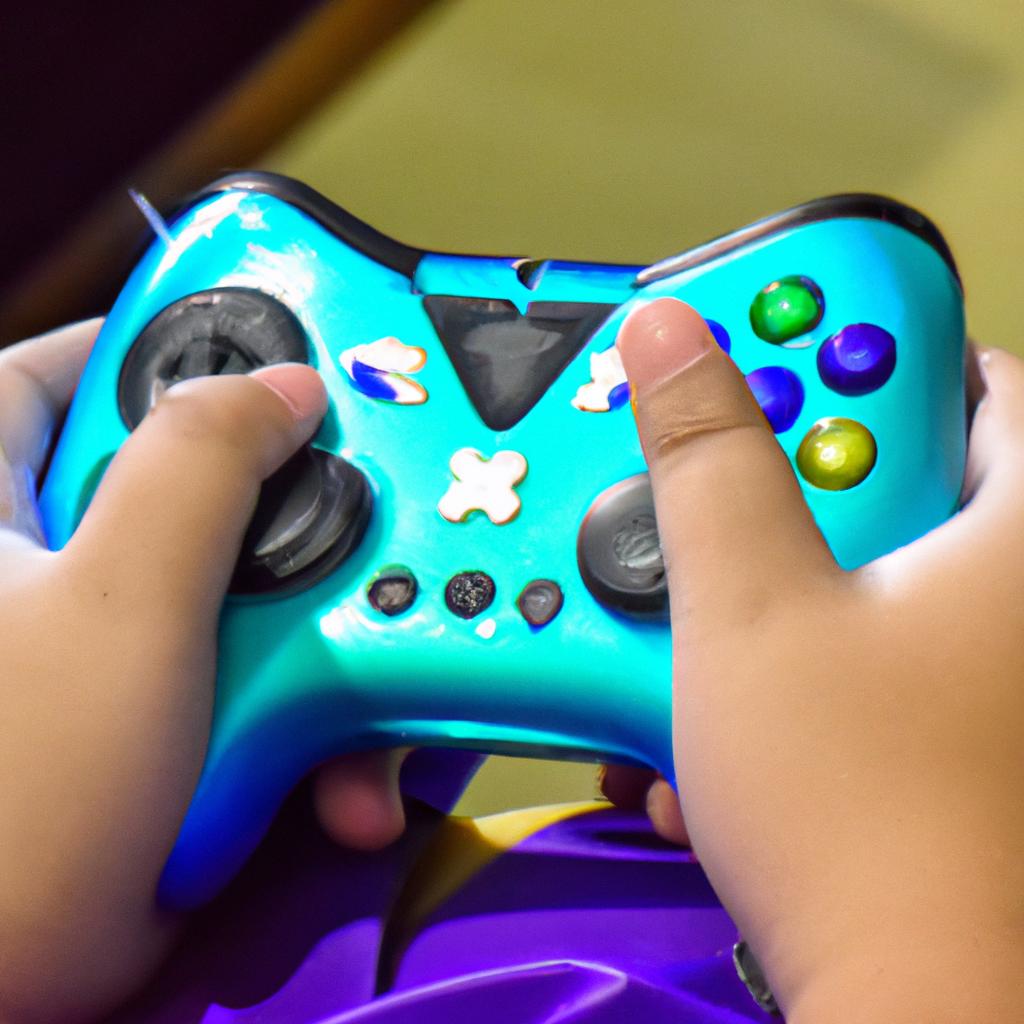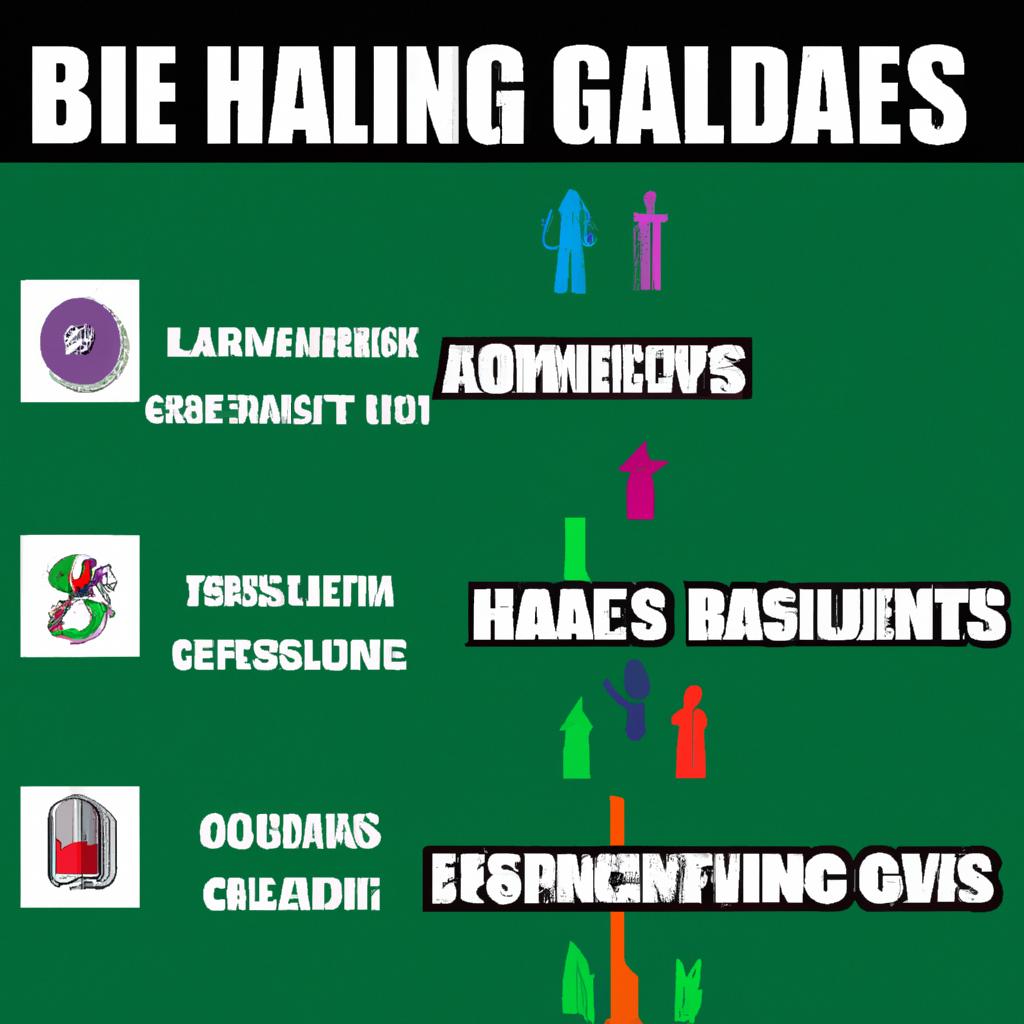Introduction:
In a world where pixels dance across screens and immersive worlds beckon from every corner, video games have woven themselves into the fabric of childhood like never before. For today’s youth, these digital playgrounds represent not just a source of entertainment but a means of social interaction, cognitive challenge, and creative expression. Yet, as parents and caregivers find themselves navigating this dynamic landscape, questions inevitably arise: What are the effects of gaming on our children? How can we ensure that playtime remains healthy and balanced? As we embark on a journey through the pixelated realms of gaming, this article aims to shine a light on the multifaceted relationship between kids and video games, exploring both the potential benefits and challenges, while offering practical guidance for fostering a thriving gaming experience. Together, we’ll uncover strategies that empower parents to guide their children through the evolving world of gaming, creating a harmonious balance between play, learning, and emotional well-being.

Understanding the Impact of Video Games on Child Development
The relationship between video games and child development is multifaceted and can have both positive and negative effects. Understanding these impacts is essential for parents aiming to foster a balanced approach to gaming. Benefits may include:
- Cognitive Skills: Certain games enhance problem-solving abilities and critical thinking.
- Social Interaction: Multiplayer games can promote teamwork and communication among peers.
- Hand-Eye Coordination: Fast-paced games improve reflexes and motor skills.
Conversely, there are potential downsides, such as:
- Oversaturation: Excessive gaming can lead to reduced physical activity and social isolation.
- Behavioral Issues: Exposure to violent content may influence aggressive behavior.
- Sleep Disruption: Playing games late into the night can adversely affect sleep patterns.
Ultimately, moderation and mindful engagement are vital. Parents should set clear guidelines and encourage a balanced lifestyle that integrates a variety of activities. Here’s a simple table to summarize key considerations for fostering healthy gaming habits:
| Consideration | Guideline |
|---|---|
| Time Limits | Establish daily or weekly limits on gaming hours. |
| Content Review | Regularly check game ratings and discuss content with children. |
| Physical Activity | Encourage breaks for physical play or outdoor activities. |
| Co-Play | Participate in games with children to foster connection. |

A Guide to Encouraging Balanced Gaming Habits for Young Players
Fostering balanced gaming habits among young players involves a collaborative approach between parents and children. To make the gaming experience enriching rather than overwhelming, consider implementing the following strategies:
- Set Time Limits: Establish clear boundaries on the amount of gaming time allowed daily or weekly.
- Encourage Breaks: Promote short breaks every hour to prevent fatigue and promote physical activity.
- Engage Together: Play games as a family to understand the content and context, turning gaming into a shared experience.
- Prioritize Variety: Encourage a mix of gaming genres to broaden interests beyond screens, including outdoor activities and creative pursuits.
Moreover, a simple rewards system can be instituted to motivate children:
| Reward | Condition |
|---|---|
| Extra Playtime | Completing homework and chores |
| New Game | Demonstrating responsible screen time |
| Family Game Night | Maintaining a balanced schedule |
These methods will not only help nurture healthy habits but also enable kids to develop time management skills and appreciate gaming as a form of entertainment that should be enjoyed responsibly.
The Way Forward
As we conclude our exploration of the intricate relationship between video games and children, it becomes clear that the dialogue surrounding their impact is both vital and nuanced. Video games, much like any form of entertainment, possess the power to educate, connect, and inspire. However, they also present potential challenges that require mindful navigation.
Parents play an essential role in guiding their children through this digital landscape, fostering a healthy balance between play and other aspects of life. By engaging in open conversations, setting boundaries, and actively participating in their gaming experiences, guardians can help cultivate not just responsible gamers, but well-rounded individuals.
the goal is not to dismiss video games entirely but to embrace them as a tool for growth and learning when approached with care and insight. As we move forward in this ever-evolving digital age, let us strive to empower our children with the skills to play wisely and enrich their lives both on and off the screen. The path may be complex, but with informed choices and proactive guidance, we can ensure that video gaming becomes an enriching chapter in their journey of development.


